Many cases of accidents related to house fires can be traced back to electrical fires, unattended cooking, and ignited upholstery. The common cause of a sizable portion of these incidents is a malfunctioning smoke detector — or the absence of one. The National Fire Protection Agency reports that three out of five deaths related to fire happen in living spaces with no smoke detectors or ones that don’t function properly. The agency also found out that half of the smoke detectors that did not go off during a fire incident had disconnected or missing batteries. House fires can occur at any given time. Checking up on your smoke alarm on a regular basis, and carrying out necessary maintenance procedures, ensures the safety of your home.
Why You Should Get Your Smoke Detectors Checked and Cleaned
To understand the importance of smoke detector maintenance, it is worth having an idea of how these crucial devices function. Smoke alarms normally come in two different types — photoelectric and ionization. While the latter ionizes the air in its sensing chamber by using a small amount of radioactive material, a photoelectric device contains a LED and a light-sensitive sensor in the chamber.
Smoke detectors of the ionization type are best suited for flames that spread quickly with minimal smoke. This type is commonly found in kitchens as there is little chance of it falsely going off due to cooking fumes. Photoelectric smoke alarms, on the other hand, are meant to detect smoke but not necessarily fire. These are more widely used among the two types.
Whether you have the ionization type or the photoelectric, keeping the sensors clean allows your device to properly react to any sign of a possible fire. As time passes, airborne particles such as pollen, dust, and pet dander can accumulate on the smoke detector’s sensor. This build-up blocks the sensor, reducing its effectiveness. Cleaning your smoke alarms every now and then — and changing their batteries just in case — will ensure that they respond properly in emergency situations.
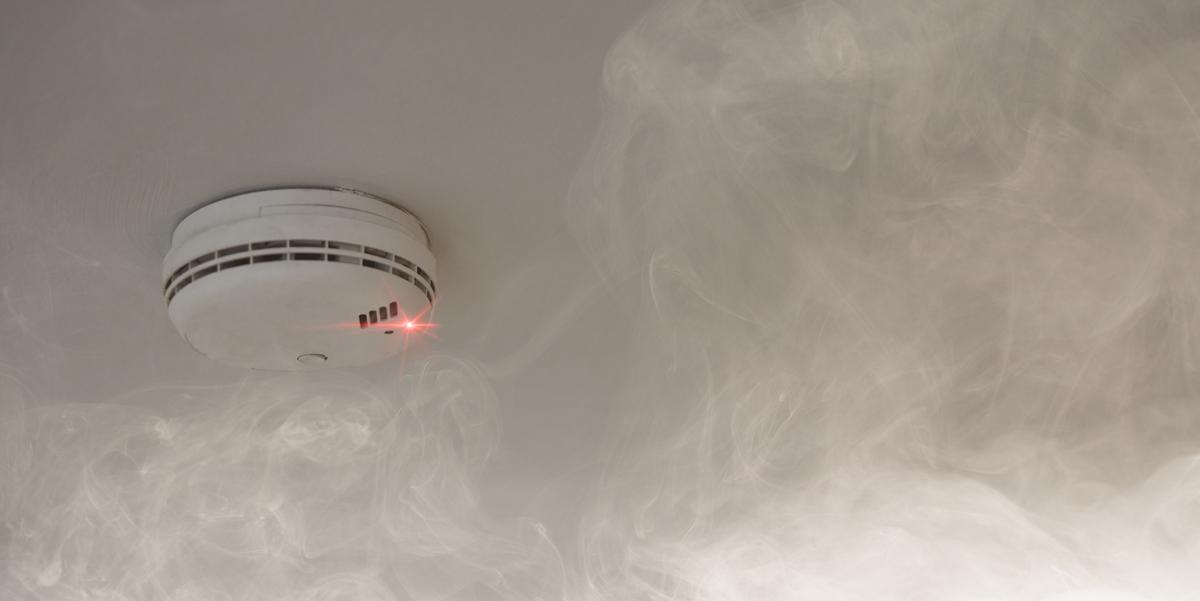
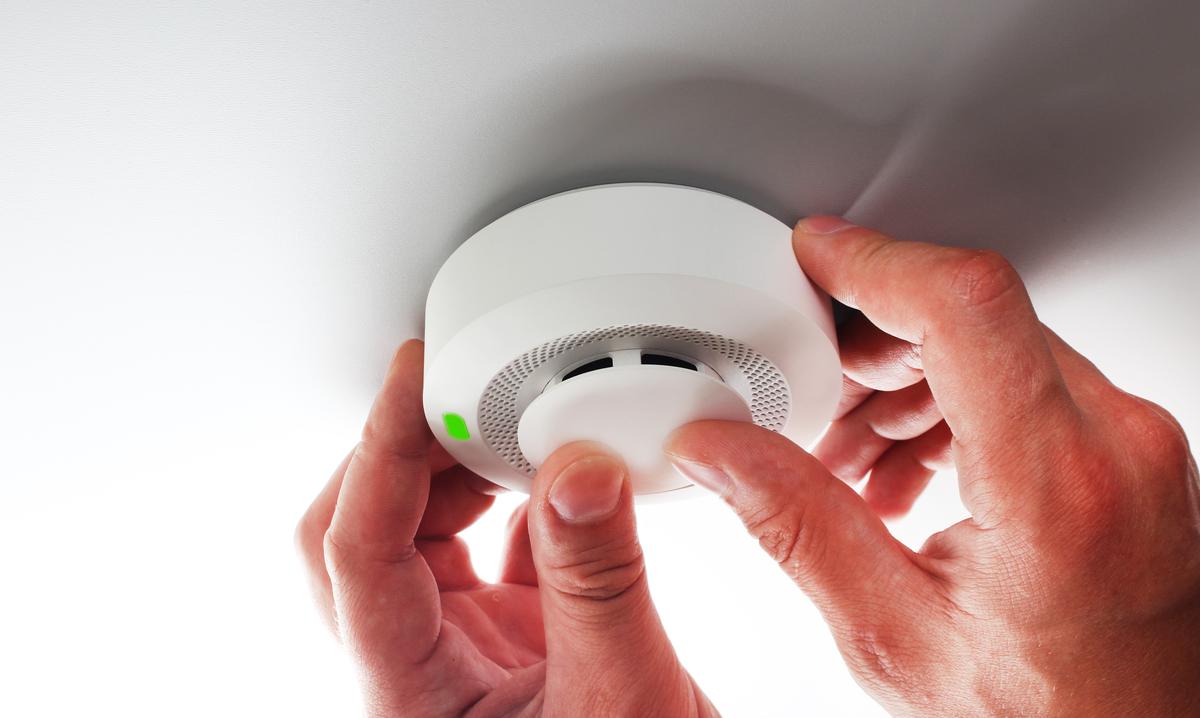
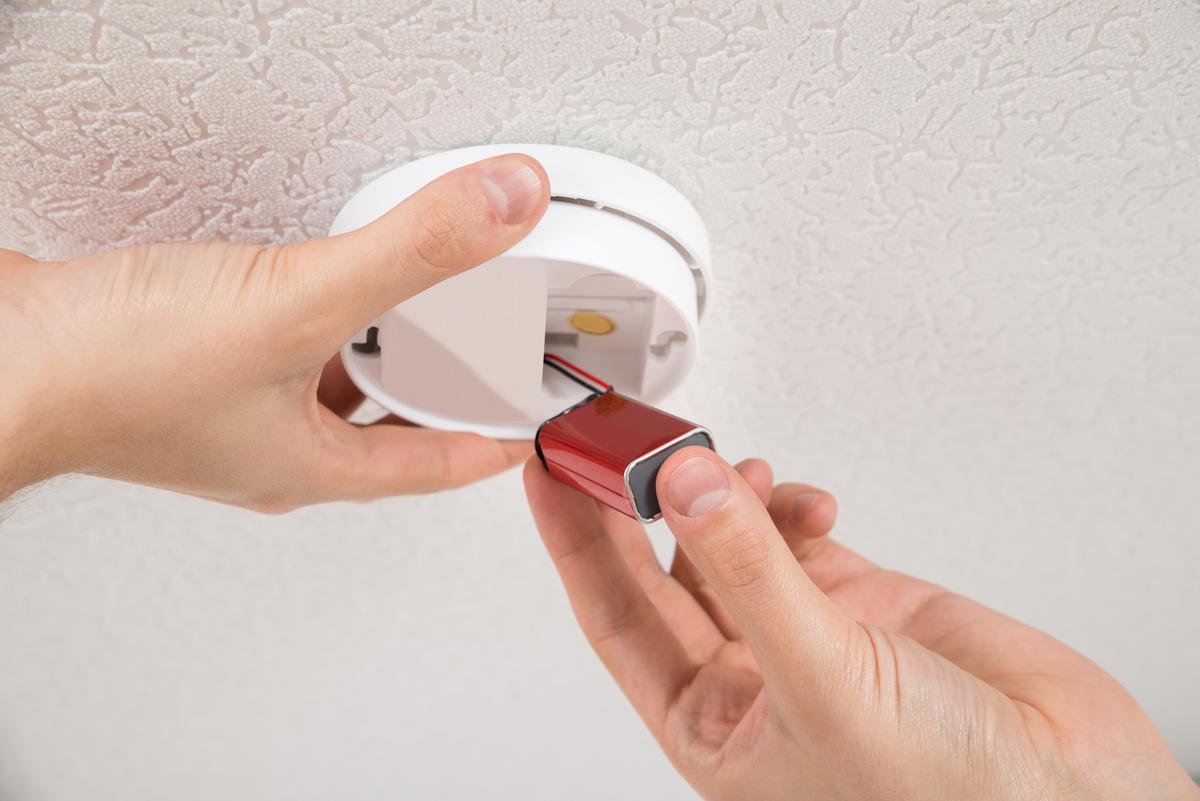
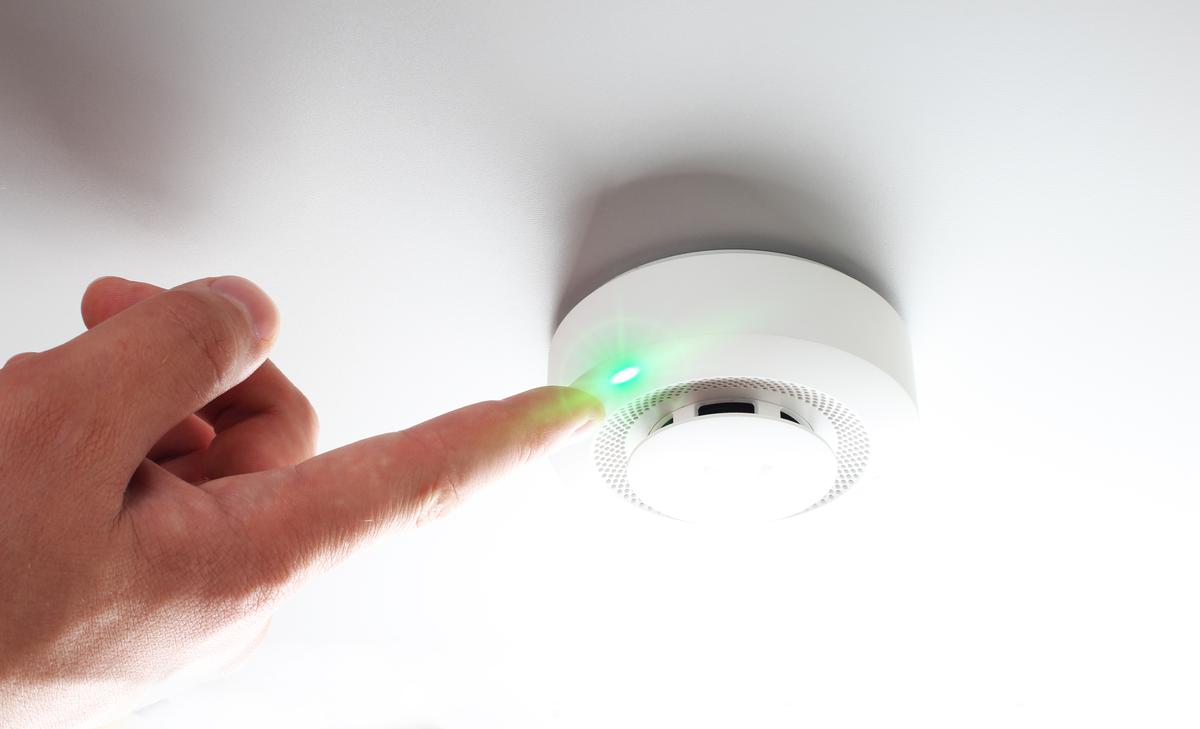
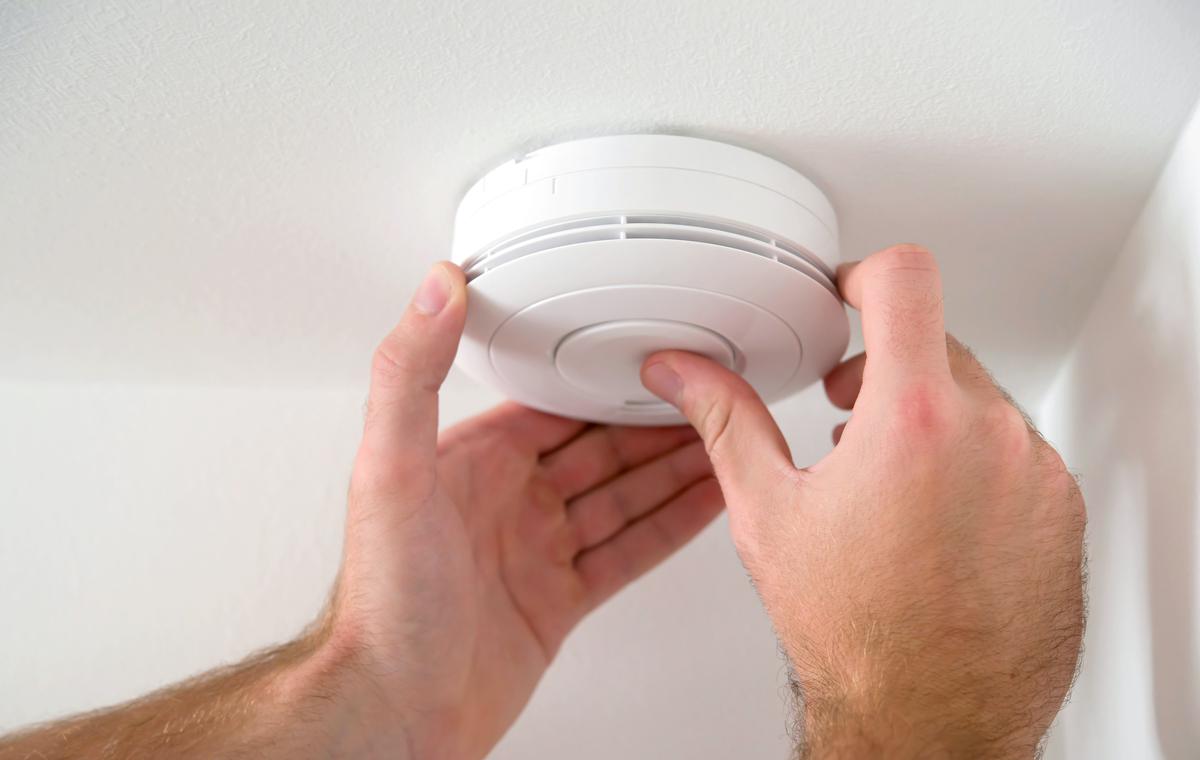
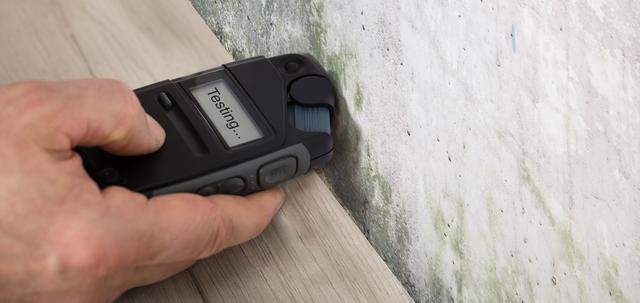
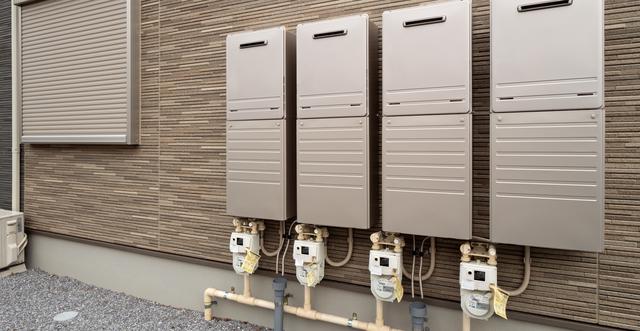
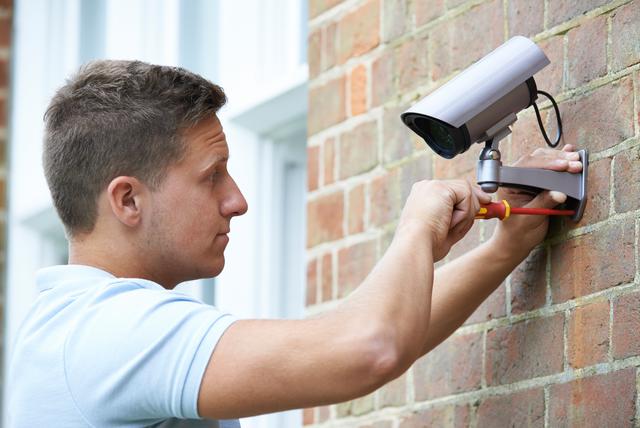
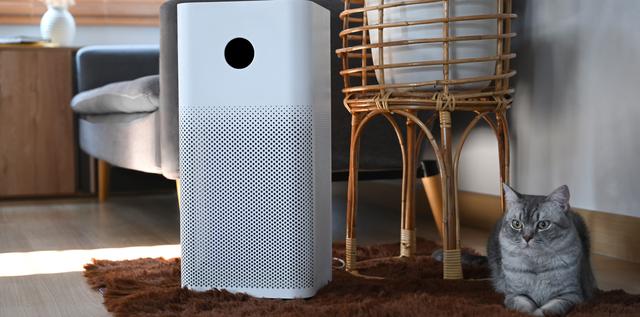
comments